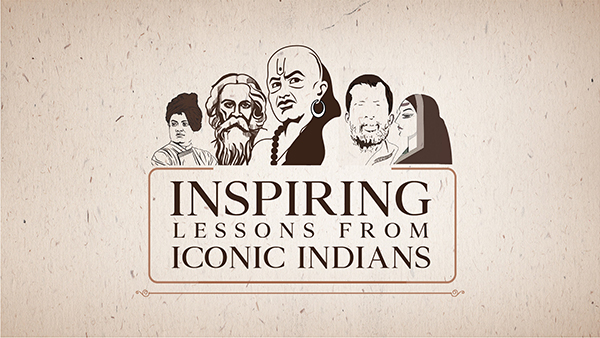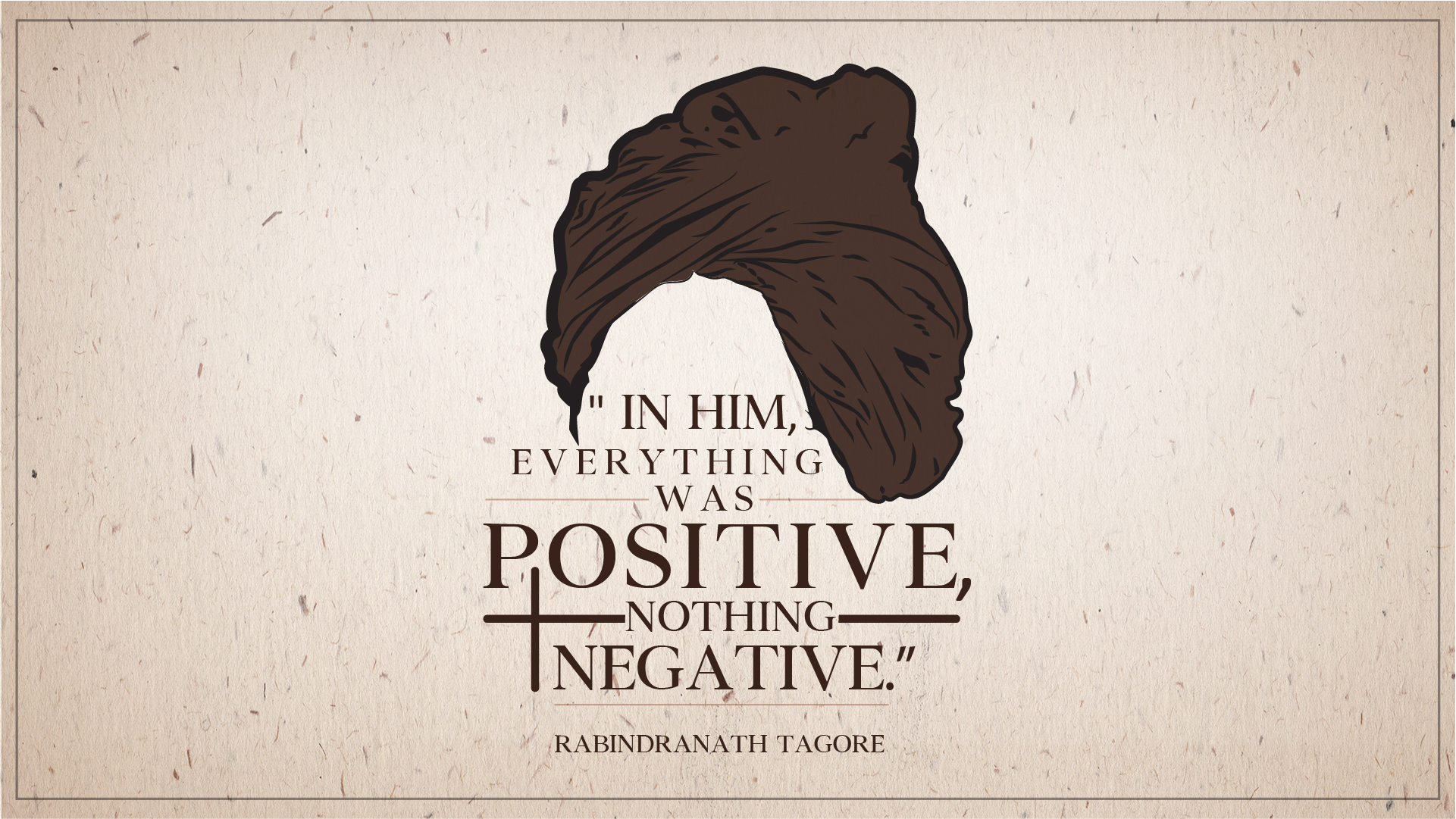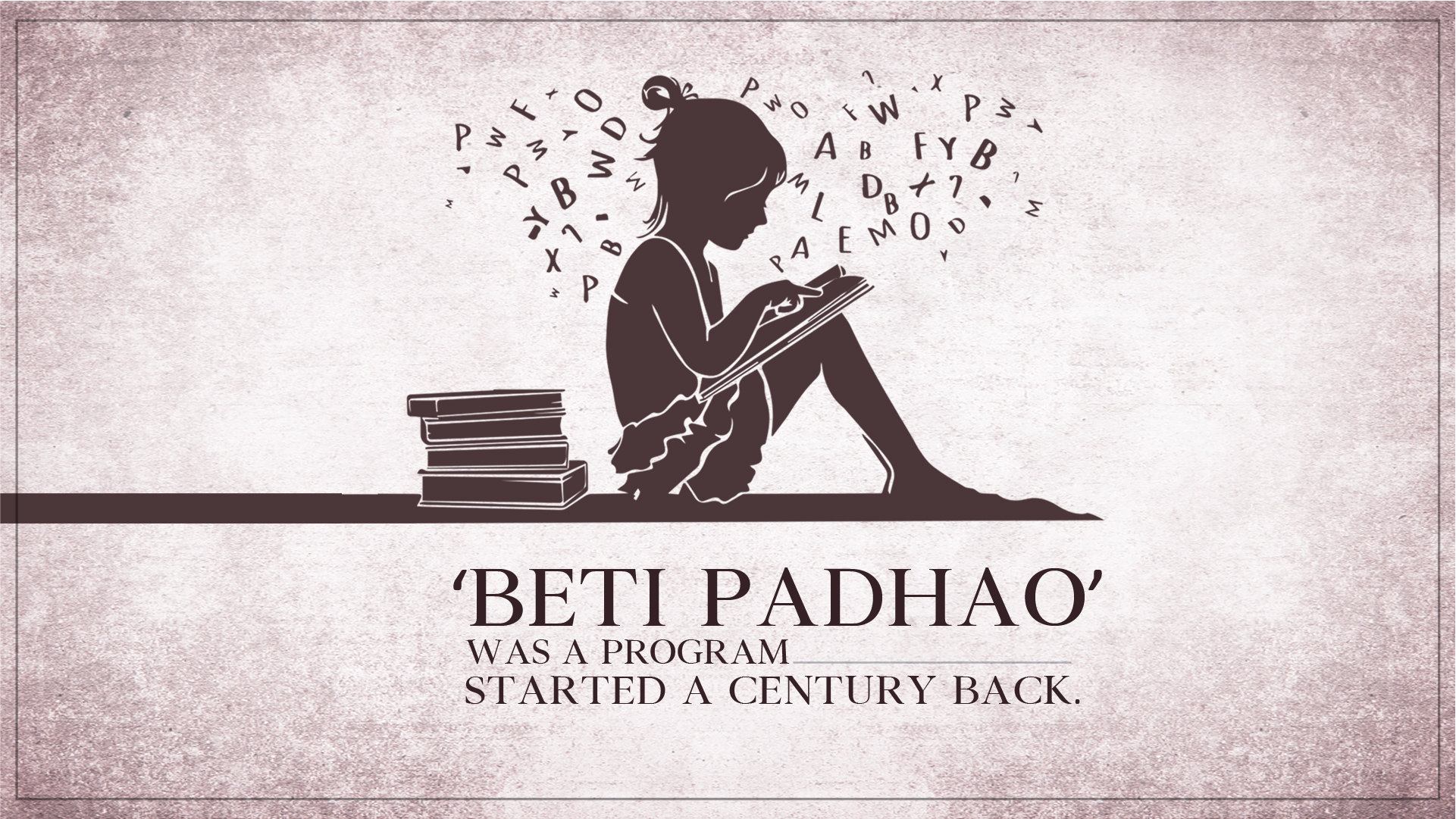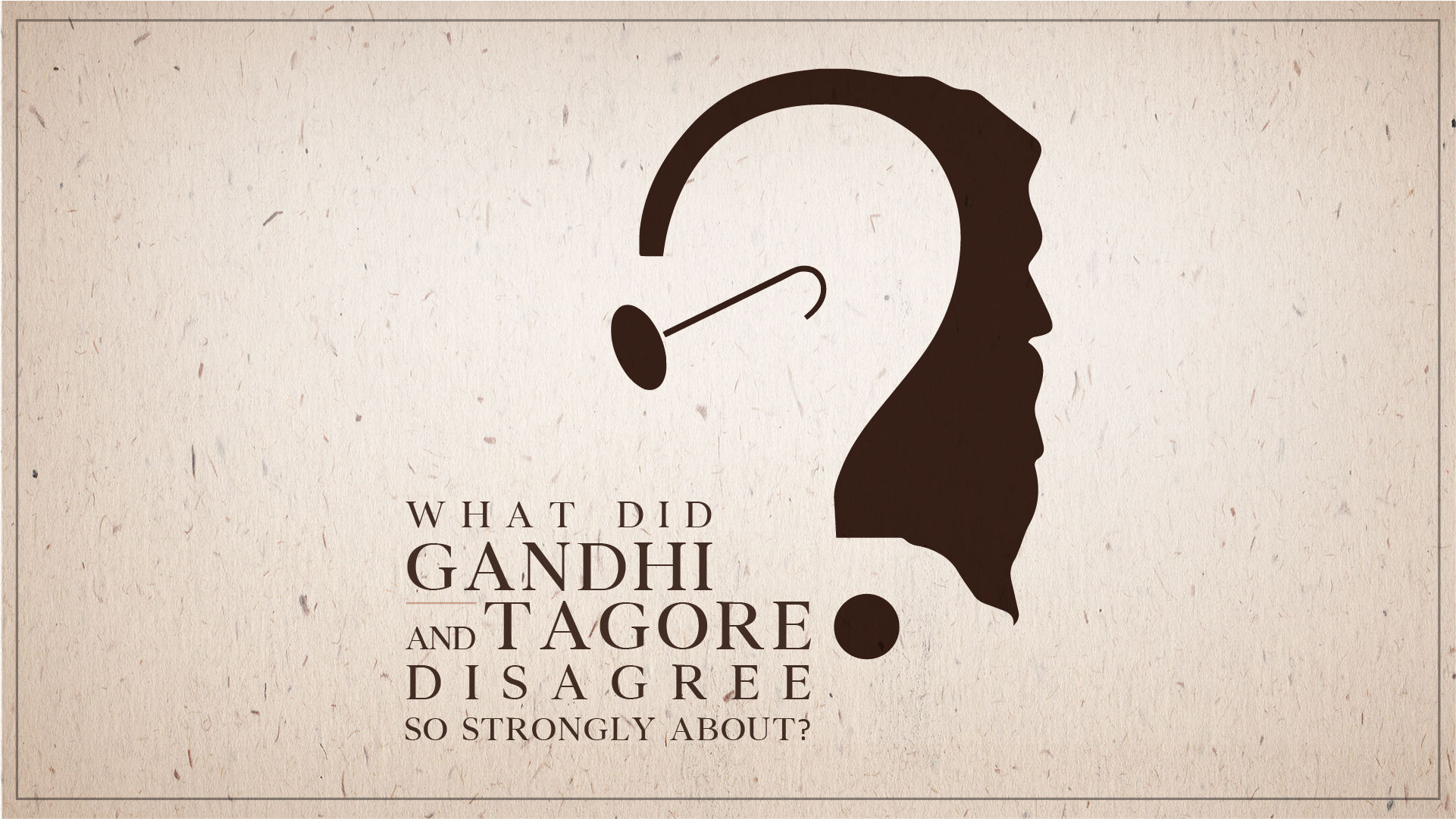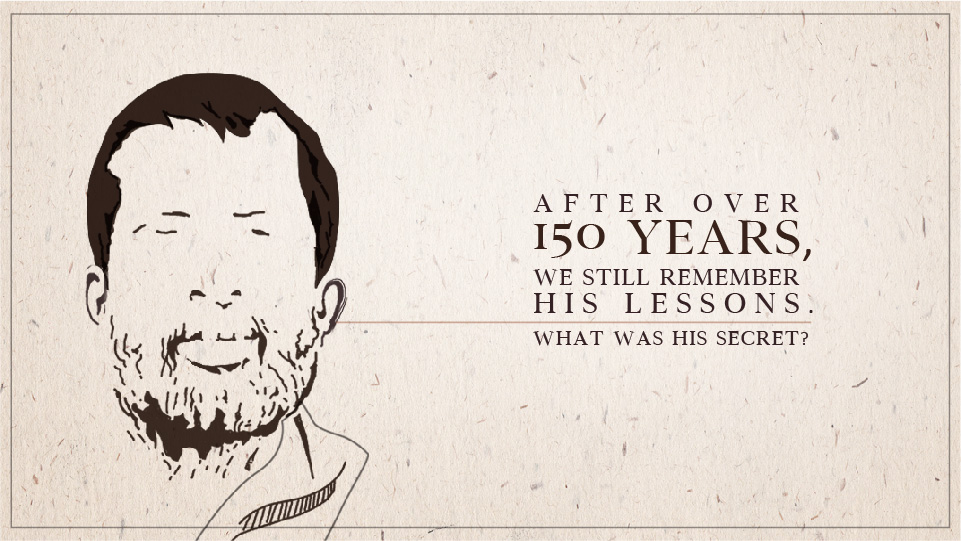The Wisdom of Chanakya: How the first step to victory is a long hard look in the mirror
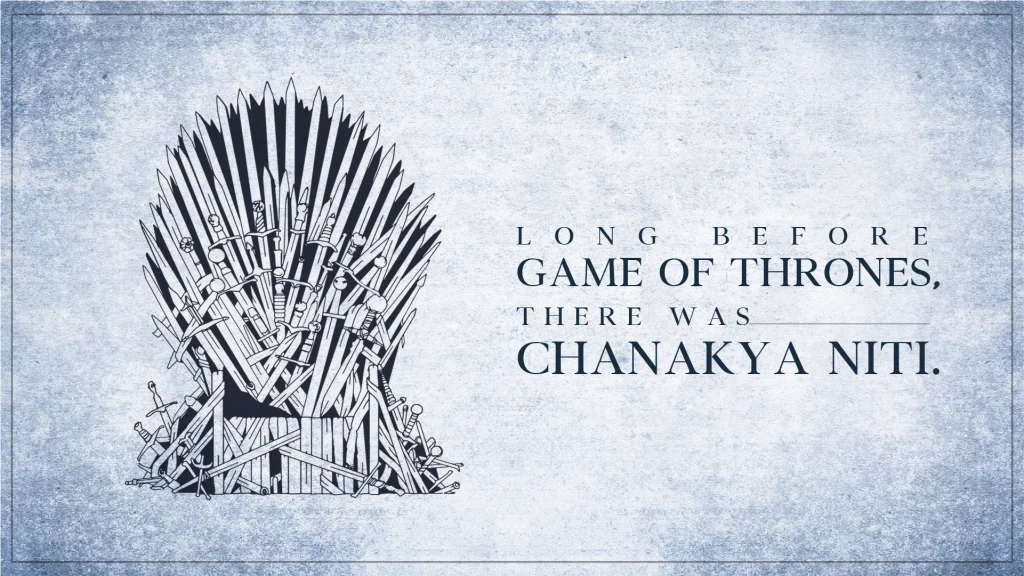
There are few people in the world who have no enemies. Many have found themselves in a position where they ask, how do I defeat them? Chanakya’s Artha Shastra is a seminal Indian text that attempts to answer this. Few other works, before or since, have answered it as comprehensively. His teachings have influenced Indian politics and diplomacy for nearly two thousand years.
In the popular imagination, Chanakya is cold-eyed and unsentimental. His does not seem bothered about morality. Some of his suggestions are disturbingly ruthless, such as killing agents of the enemy king in the hope of starting a revolt, or causing a coup in a neigbouring country by encouraging a prince in disfavour. If a king is situated between two powerful kings, he says, he should first befriend them, and then cause trouble between them, by suggesting to each that the other is a tyrant. German philosopher Max Weber once said that Machiavelli’s ‘The Prince’ was “harmless” by comparison.
However, Chanakya’s fundamental assumption was that he was advising a good king. A king who carries out his duties, he wrote, rules according to law, metes out only just punishment, applies the law equally to his son and his enemy, and protects his subjects not only goes to heaven but would conquer the earth up to its four ends. This conquest was not just a matter of choice, but an actual duty. Chanakya was against passivity, or the acceptance of destiny. He said ‘One trusting in fate, being devoid of human endeavour, perishes’. He did not advise waiting for the stars to align. The object slips away from the foolish person, who continuously consults the stars; . . . what will the stars do? In the context of Indian civilisation, with its emphasis on accepting fate, Chanakya was a revolutionary.
How was this conquest to be achieved? For Chanakya, any action was to be preceded by careful assessment. Was the enemy strong or weak? Was there one enemy or many? Did the subjects of the enemy kingdom love their king? Was law upheld there, or did bandits roam the land? Some of his questions were insightful. He suggested looking at the second in command or regent of the enemy kingdom. Was he unhappy or resentful? Was the king jealous of his regent? If so, this was an opportunity to be exploited.
Depending on this assessment, the action he suggests is different. He lists out every possibility. What if we are faced with two enemies, one strong and one weak? Whom should we attack first? The obvious action would seem to be to attack the weak one, but Chanakya looked deeper. What if his subjects love the weaker king, while the stronger one has enemies within his realm? In such a case, the subjects of the weaker king would rise up to defend him strongly, if attacked. Defeating him could prove to be difficult. It would be better to attack the stronger king first. Once he is defeated, the weaker king, being weaker, will be more willing to come to an understanding.
In life, in politics, in business, in war, Chanakya’s principles remain completely relevant in the modern era. We may or may not accept his suggestions, but his thought process can help to illuminate our choices. If there is one single thing we should remember, before entering into any form of struggle, it is this. Look at yourself closely first, and assess yourself relative to others. Clear-eyed self-assessment is the first step on the path to victory. Regardless of your situation, there is always a way to win, so long as ego and desire do not get in the way of logic.


